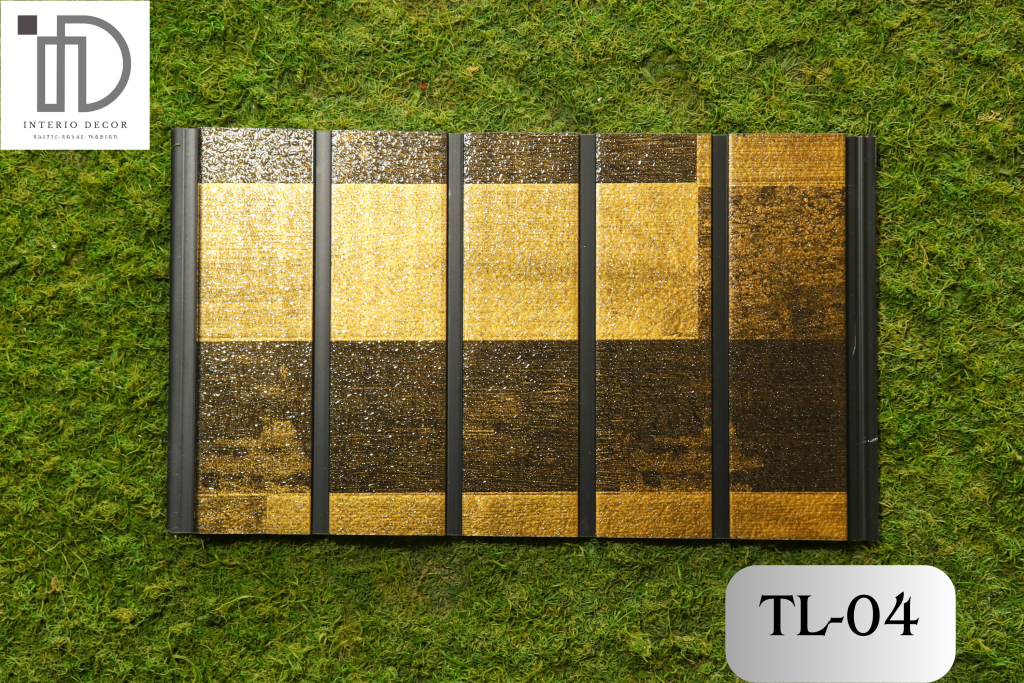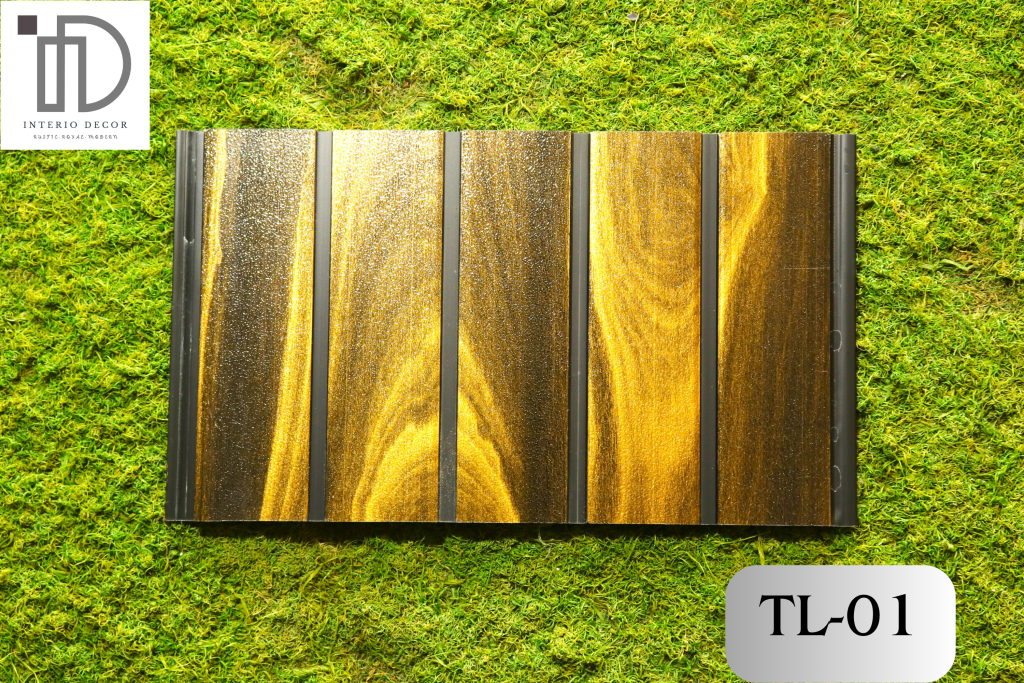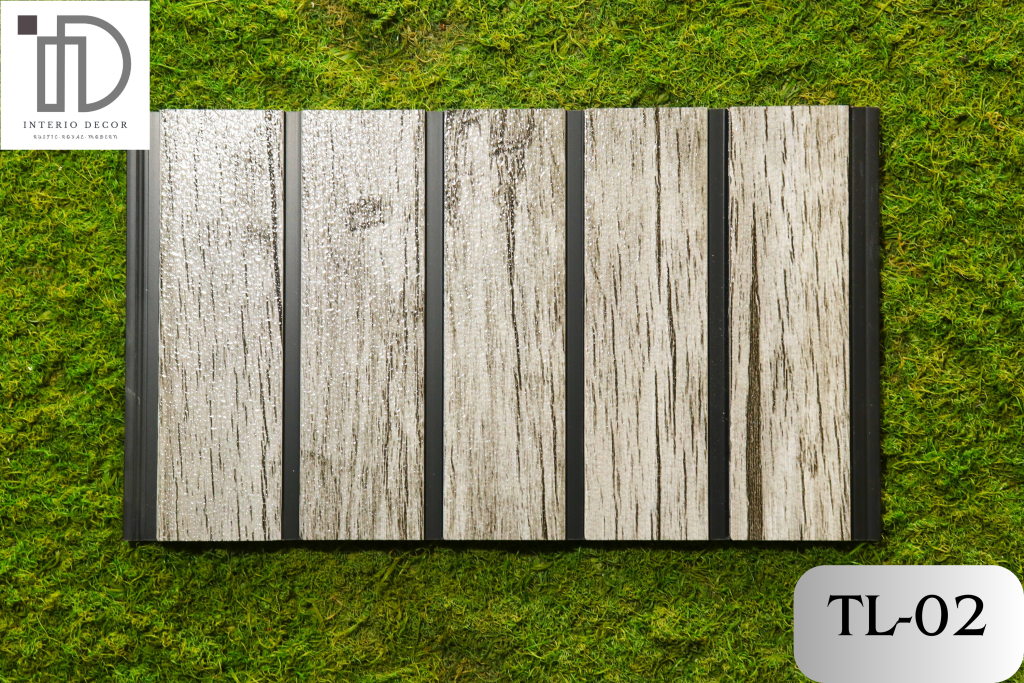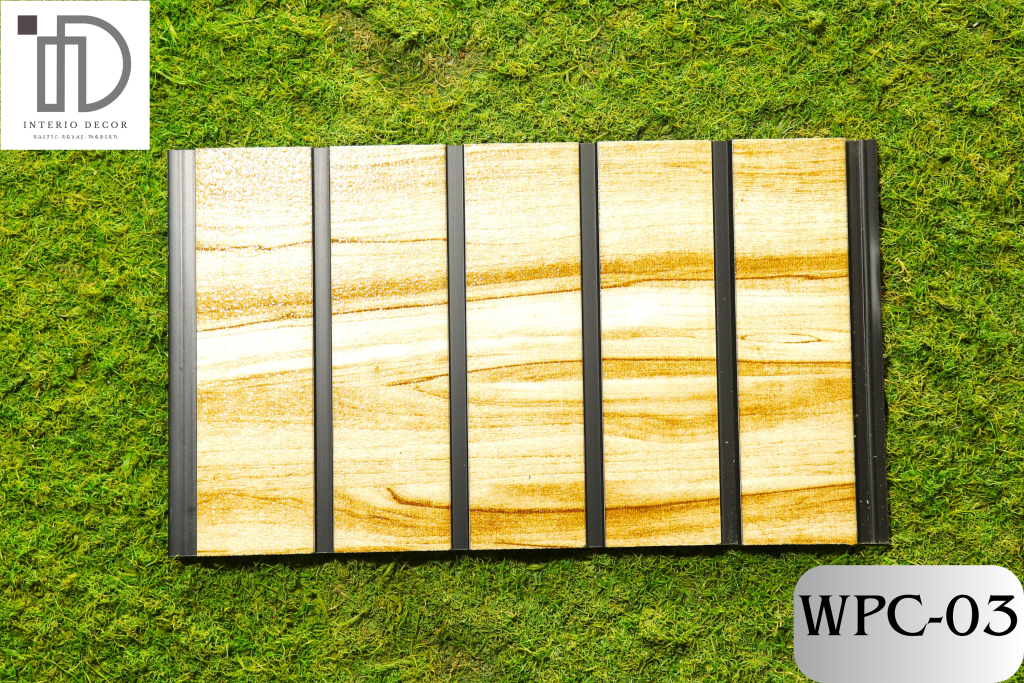PVC Louvers Texture
What are PVC Louvers Texture?
“PVC Louvers Texture” likely refers to a type of louvers made from PVC (Polyvinyl Chloride) material that has a specific texture or surface finish. The texture of PVC louvers can vary based on the manufacturing process and the intended design.
PVC laminates are widely used in the furniture industry as a cost-effective alternative to traditional wood veneers, laminates, or melamine boards. They are available in a range of colors, patterns, and textures, including wood grain, stone, abstract, and solid colors, allowing furniture manufacturers to offer a variety of design options to their customers.
Whether you are a furniture manufacturer looking to offer your customers a range of stylish and durable design options or a homeowner looking to upgrade the look of your home, PVC laminates offer a practical and affordable solution that can help you achieve the desired aesthetic effect without compromising on quality or durability.
Features of PVC Louvers Texture
Aesthetic Variety: Texture adds a visual element to PVC louvers, providing a diverse range of aesthetic options. Whether it’s a smooth, embossed, wood grain, or patterned texture, the variety allows for customization to suit different architectural styles and design preferences.
Tactile Appeal: Textured PVC louvers can have a tactile appeal, offering a surface that can be felt. This can be particularly desirable in applications where the sense of touch is important, such as in furniture or interior design.
Enhanced Visual Interest: The texture on PVC louvers enhances visual interest and can break up the monotony of flat surfaces. This is especially relevant in applications where the goal is to create a dynamic and visually appealing design.
Mimicking Natural Materials: Some textured PVC louvers, such as those with a wood grain texture, are designed to mimic the appearance of natural materials like wood. This allows for the creation of a traditional or rustic look without sacrificing the benefits of PVC, such as durability and moisture resistance.
Durability: PVC louvers, regardless of texture, are known for their durability. The texture doesn’t compromise the overall strength and longevity of the material, making it suitable for various environments, including those with exposure to the elements.
Low Maintenance: PVC louvers with textured finishes are typically low maintenance. The texture may not accumulate dirt or stains as easily, and cleaning can be done with minimal effort.
Moisture Resistance: PVC is inherently resistant to moisture, and this property extends to PVC louvers with textured finishes. The texture doesn’t compromise the material’s ability to withstand humid or wet conditions, making it suitable for both indoor and outdoor use.
Versatility: Textured PVC louvers are versatile and can be used in a variety of applications, including windows, doors, partitions, and decorative elements. The versatility of textures allows for integration into different design schemes.
Customization Options: Depending on the manufacturer, there may be customization options for the type and intensity of the texture. This allows for tailoring the louvers to specific design requirements.
Texture Consistency: Manufacturers strive for consistency in texture across PVC louvers to ensure a uniform appearance when installed. This contributes to the overall aesthetic quality of the finished project.
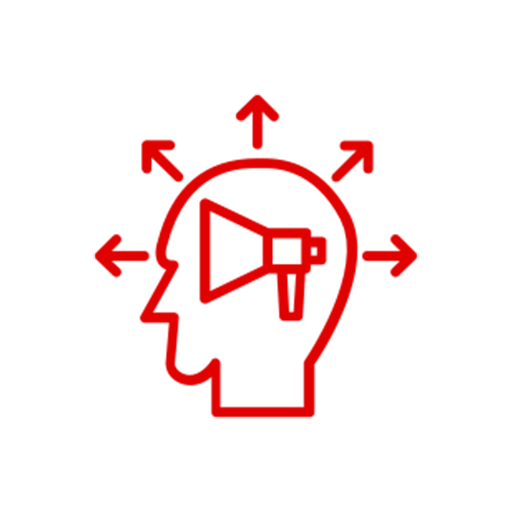
Aesthetic Variety
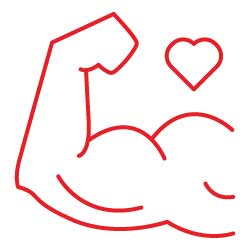
Durability

Low Maintainance
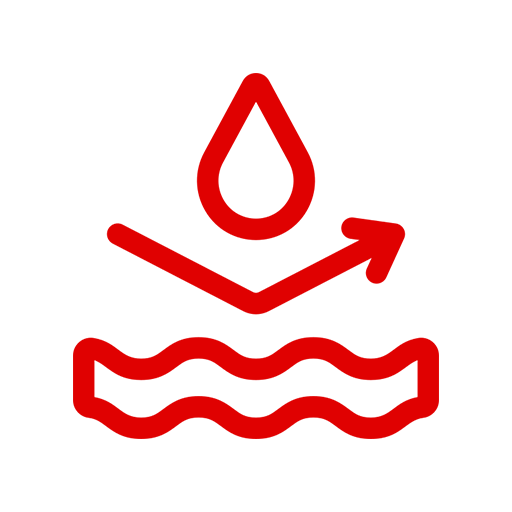
Moisture Resistance
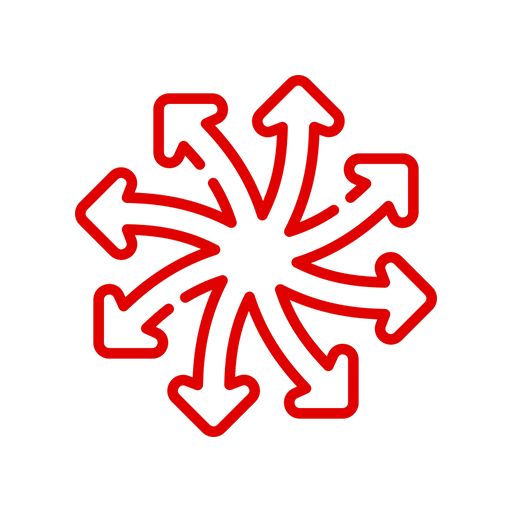
Versatility
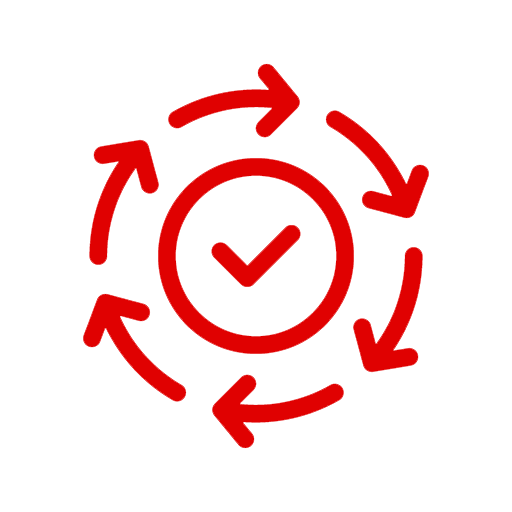
Texture Consistency

Customization Options

Enhanced Visual Interest
Applications of PVC Louvers Texture
Windows and Doors: Textured PVC louvers are commonly used in windows and doors to control light, ventilation, and privacy. The texture adds a visual element, contributing to the overall aesthetics of the openings.
Interior Partitions: In both residential and commercial spaces, textured PVC louvers can be used as interior partitions. The texture enhances the visual interest of the partitions, creating a dynamic and stylish interior design.
Ventilation Systems: Textured PVC louvers are suitable for use in ventilation systems, allowing for the regulation of airflow in buildings. The texture adds an extra layer of visual appeal to functional components.
Privacy Screens: Textured PVC louvers are often employed as privacy screens in outdoor spaces, such as gardens, patios, or balconies. The texture provides an attractive solution for creating privacy while enhancing the overall design.
Architectural Accents: Textured PVC louvers can serve as architectural accents, enhancing the design of buildings. They can be strategically placed to create focal points or to complement specific architectural features.
Decorative Wall Panels: Louvers with textured finishes can be used in the design of decorative wall panels, adding depth and visual interest to interior walls.
Retail Displays: In retail environments, textured PVC louvers can be used for displays and interior design. The texture contributes to creating visually appealing and dynamic retail spaces.
Furniture Design: Textured PVC louvers can be integrated into furniture design, such as cabinets, closets, or room dividers. The texture adds a tactile and visual element to furniture pieces.
Ceiling Panels: Louvers with texture can be applied as ceiling panels indoors, creating a visually interesting overhead space. The texture adds depth and dimension to the ceiling design.
Outdoor Structures: For pergolas, gazebos, or outdoor seating areas, textured PVC louvers can be used to provide shade and contribute to the overall design of outdoor spaces.
Custom Architectural Projects: Architects and designers may incorporate textured PVC louvers in custom projects to achieve specific design goals. The texture offers versatility and can be customized to suit the unique requirements of the project.
Uses of PVC Louvers Texture in Nepal
Textured PVC louvers offer versatile applications in Nepal, combining functionality with aesthetic appeal. Particularly suited for traditional architectural styles, louvers with wood grain patterns can mimic the look of natural wood, providing a classic aesthetic while benefiting from the durability of PVC. In residential settings, these textured louvers find use in windows and doors, offering privacy, light control, and enhanced visual appeal. Outdoor applications, such as privacy screens in gardens or patios, benefit from the combination of practicality and design provided by textured PVC louvers. Commercial buildings can integrate textured louvers for both functional purposes, like windows,
and as decorative architectural elements, contributing to a visually interesting design. The versatility of textured louvers extends to interior design in hotels, restaurants, and residential spaces. Whether incorporated into ventilation systems or utilized in custom architectural projects, textured PVC louvers present a dynamic and visually appealing solution. Considering the local climate and design requirements, consulting with suppliers or manufacturers in Nepal ensures the suitability and availability of textured PVC louvers for diverse applications in the region.

